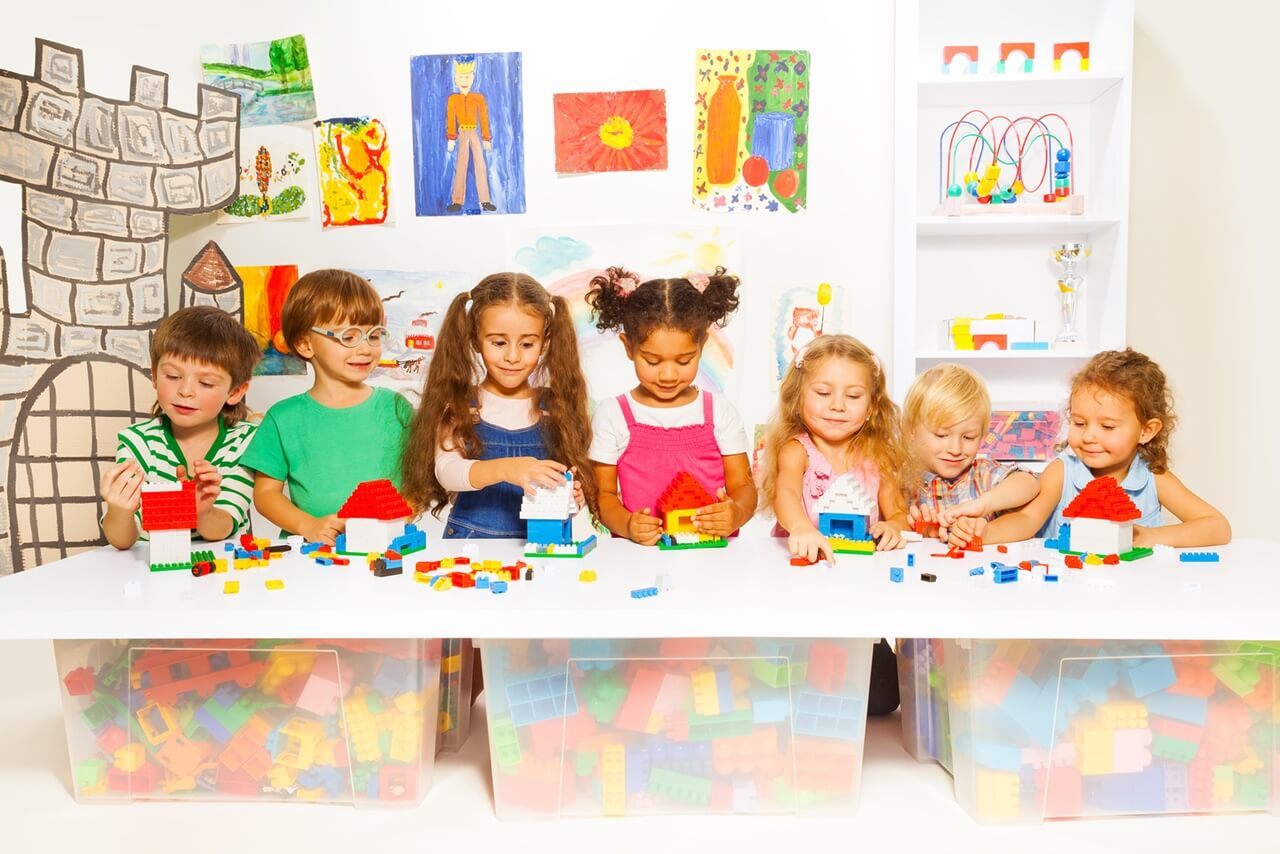Children Should Learn Mainly Through Play Until Age Eight, Says Head of Lego

One of the world’s top toy producers, Lego, have recently gained attention after their £4 million investment into funding a new post at the University of Cambridge – the Professor of Play. As fanciful as the title may sound, the programme will be undertaking important investigations into play-based learning, a development on which there exists very little official research at present.
The chosen candidate will enter Cambridge’s Faculty of Education thanks to funding from the Lego Foundation, the company’s educational arm who are also shareholders in the business. They will work with the newly established PEDAL centre (Play in Education Development and Learning) in the attempt to measure the exact links between learning and playfulness.
The hope is to produce further pro-play evidence that can support the company’s campaigning. The research will involve some of the most prestigious universities on the planet since PEDAL has links with organisations such as Harvard and MIT. Campaigners believe that the findings could have the power to affect educational policy around the world by demonstrating the value of play to parents and politicians.
Hanne Rasmussen, who heads the Lego Foundation, is of the firm opinion that teachers’ and parents’ preoccupation with external testing can actually hinder children’s development in their formative early years. She argues that it is not fair to drill children under the age of eight in literacy and numeracy for competitive nationwide tests such as SATs, which can cause unnecessary angst for children and their parents.
Instead, she explains, young children ought to be spending their time participating in fun activities with their peers. Play-based learning not only improves children’s social skills, but also fosters creativity and encourages independent thought. Rasmussen points to a New-Zealand based study that shows how early formal literacy lessons did not make children’s reading noticeably better by the age of 11. To the contrary, early schooling can put children off reading as they see it as a chore.
Children in Britain begin school three years earlier than our Scandinavian neighbours, and Rasmussen worries that this is encouraging our teachers to overlook the importance of whole-child development. By limiting children’s learning to what she calls “just sitting at a desk” at an increasingly earlier age, children are missing out on valuable formative experiences.
Rasmussen recalls her own childhood in Denmark during the 1970s where she spent her time playing imaginative games with her sister for entertainment. She was part of the Sea Scouts and speaks of her sheer joy during weekends when she got the chance to gain independence, sailing between the Danish coastal islands with her sister and their friends.
From mounting research, it would seem that the UK and other governments around the world have a lot to consider with regards to their formal schooling systems. The Lego Foundation’s proposed research has so far gained attention some of the leading educational institutions, but the question that persists is whether this will be finally be enough to persuade parents and governments to trust in learning through play.
